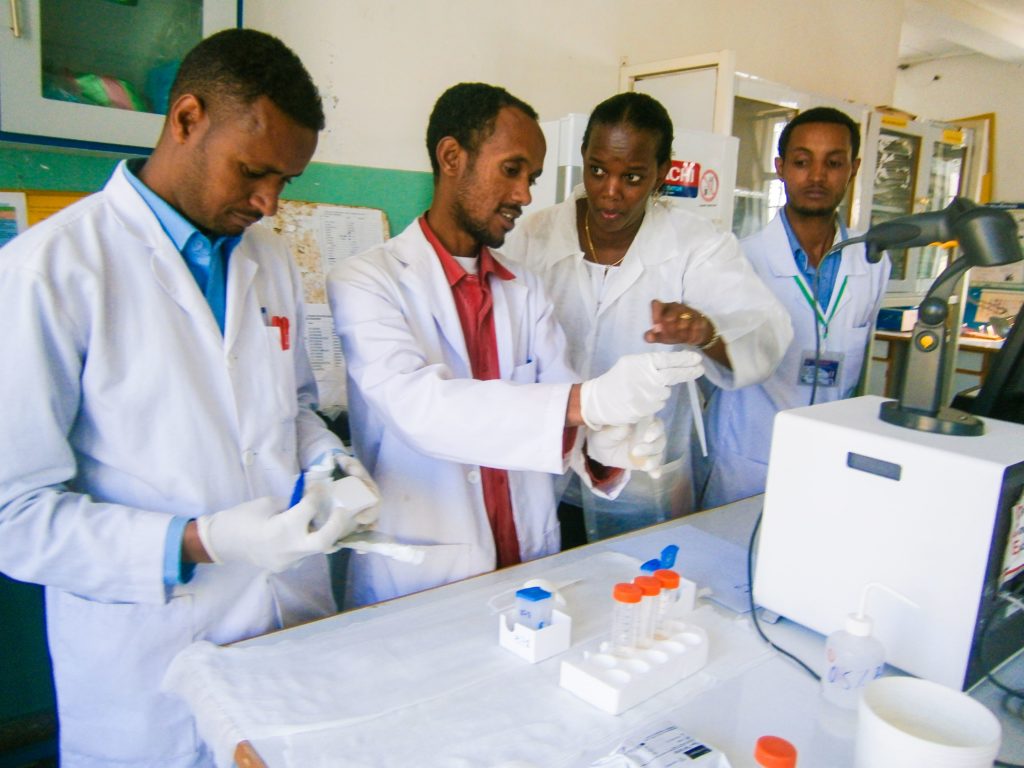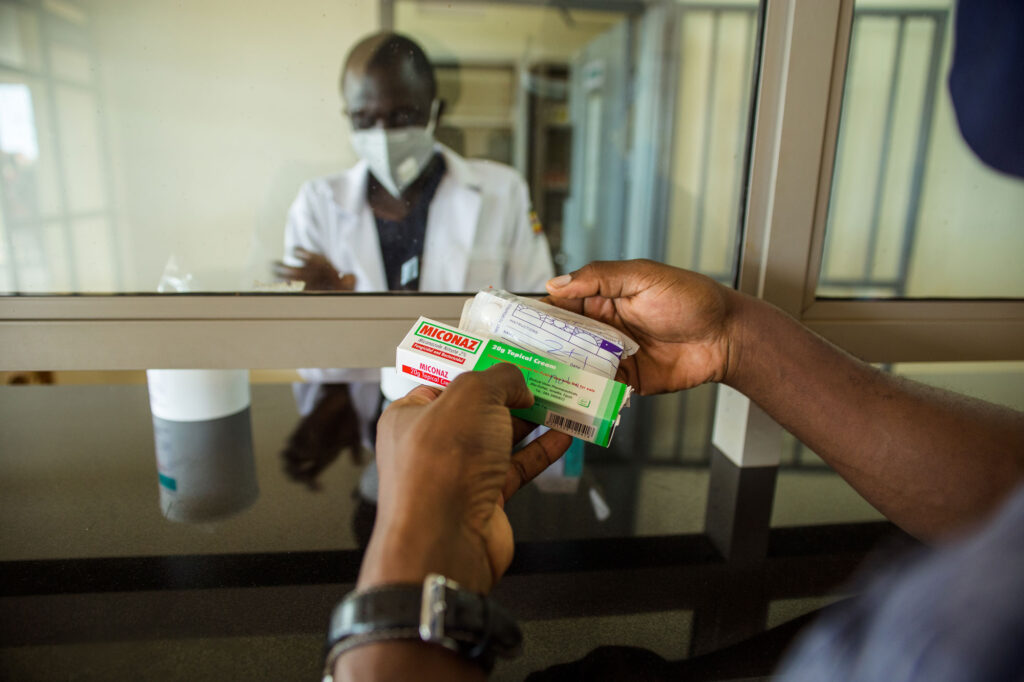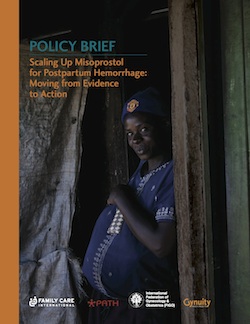Resources
Resources
In partnership with countries around the world, we have developed hundreds of resources to help strengthen the foundations of health systems. Please search our Resources to learn more about our publications, research, programmatic approaches, tools, and learnings.


Strengthening Supply Chain and Pharmaceutical Systems for Sustained Health Impact
For more than three decades, Management Sciences for Health (MSH) has partnered with countries to build high-performing supply chains that ensure reliable access to safe, effective, quality-assured medicines and people-centered pharmaceutical services. MSH takes a holistic approach that fosters country-led innovation, whole-of-society engagement and collaboration, private-sector engagement, and effective leadership and governance. This ensures both reliable, affordable access to and sustainable delivery of medical products when and where they are needed and their appropriate use to save lives and improve health.
Topical
Supporting local ownership of transition processes: a key pathway to sustaining the HIV response
Globally, an increasing number of countries have made progress towards HIV epidemic control, yet decreasing donor funding and insufficient domestic in…
Reflections on the Lancet Commission on Investing in Health’s Global Health 2050 report
Capacity Strengthening using Digital Tools: A Lifesaving Investment in the Health Workforce

Evidence to Action (E2A) Project Final Report: Driving the Next Generation of Global Family Planning Programs

Addressing the Global Crisis of Antimicrobial Resistance through Evidence and Action

Scaling up Misoprostol for Postpartum Hemorrhage: Moving from Evidence to Action
Sharing Knowledge for Policy Action in Low- and Middle-income Countries: A Literature Review of Managed Entry Agreements
Managed entry agreements (MEAs)—a type of formal institutional arrangement between pharmaceutical companies and payers for sharing the risk with re…
Medical Products, Vaccines, and Technologies; Chapter 4 of the L+M+G Evidence Compendium
The Leadership, Management, and Governance (L+M+G) Evidence Compendium draws upon existing evidence in peer-reviewed and grey literature to better art…
Multidisciplinary and Multisectoral Coalitions as Catalysts for Action against Antimicrobial Resistance: Implementation Experiences at National and Regional Levels
Building coalitions can amplify stakeholder efforts to carry out effective AMR prevention and control strategies. We have developed and implemented an…
Strategies Based on Evidence to Rationalize the High Cost Drugs National List in the Dominican Republic
In 2014, the budget for high cost drugs in the Dominican Republic was USD 107 million, accounting for 51% of the Ministry of Health (MoH) bud…
Costs and Resource Needs for Primary Health Care in Ethiopia: Evidence to Inform Planning and Budgeting for Universal Health Coverage
Abstract The Government of Ethiopia (GoE) has made significant progress in expanding access to primary health care (PHC) over the past 15 years. Howev…
Addressing Gaps in AMR Awareness in the Public: An Evidence-Based Policy Brief to Guide School Curriculum Review in Uganda
Abstract The government of Uganda, through its Ministry of Health, has helped raise awareness about public health threats, like HIV/AIDS, by incorpora…
A bottom-up, One Health approach to assessing progress in the implementation of a national action plan for combating antimicrobial resistance: a case study from Uganda
Reliance on desk reviews and national-level stakeholder engagement carries a risk of overestimating the country’s health security and AMR capacity. Th…
Positive Spill-Over Effects of ART Scale Up on Wider Health Systems Development: Evidence from Ethiopia and Malawi
Drawing on evidence from Malawi and Ethiopia, this article analyses the eff ects of ARTscale-up interventions on human resources policies, service del…
Positive Spill-Over Effects of ART Scale Up on Wider Health Systems Development: Evidence from Ethiopia and Malawi
Abstract Background Global health initiatives have enabled the scale up of antiretroviral treatment (ART) over recent years. The impact of HIV-specifi…